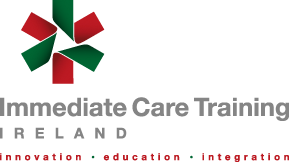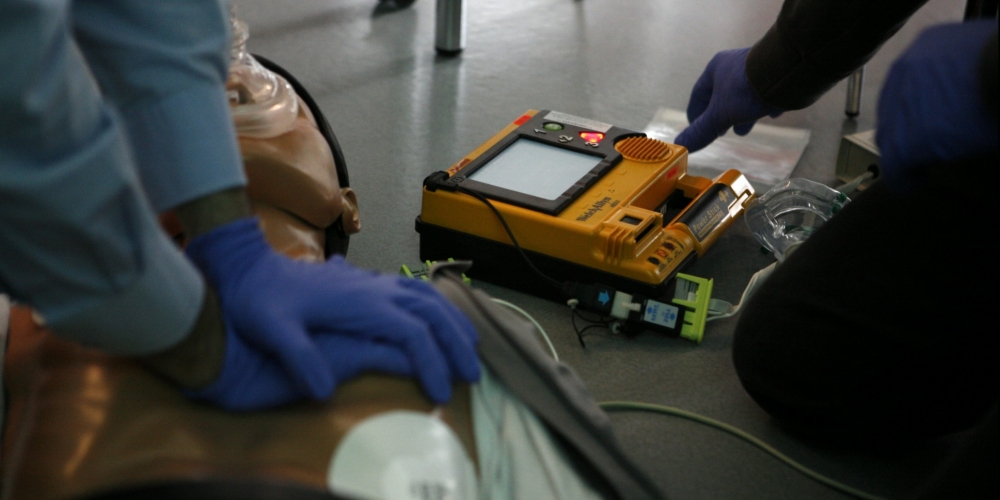

Cardiac First Responder (CFR) Course - Community Level
€85.00 p/p
4 hours (Approx.)
A cardiac first responder Community level is a person trained in cardiopulmonary resuscitation and in the use of an automated external defibrillator (AED) who can respond to someone who has suddenly collapsed. A cardiac first responder plays a critical role in keeping a person alive until the commencement of expert medical care.
Course Details
Cardiac first responders at Community level include citizens and trained members of Volunteer Organisations and Emergency Agencies such as An Garda Síochána and the Civil Defence etc who may be dispatched or come across the following emergencies: cardiac arrest, heart attack including Aspirin administration, choking and stroke. The care management includes, FAST assessment, cardiopulmonary resuscitation (CPR) for adults, children and infants and AED use. New in 2016 is an introduction to teamresuscitation. It’s recommended that CFR responder/community responder groups learn more aboutthis approach to improve the efficacy of cardiopulmonary resuscitation (basic and advanced life support) when interacting with healthcare professionals.
Learning Outcomes for Cardiac First Response - Community Level
The CFR Community standard is the expected competency of the student upon completion of a recognised course. A person, at the end of a recognised CFR Community course, will be able to:
- Recognise the signs of a life threatening emergency.
- Respond in an effective, safe and appropriate manner, to a life threatening emergency, utilising basic life support skills.
- Retrieve and appropriately use, if required, an automated external defibrillator during a cardiac arrest.
- Report and Record their actions and interventions appropriately and handover to emergency medical services.
Successful completion of the CFR Community standard leads to the award of the joint recognised institution and PHECC award. This award ensures that the responder has fulfilled the educational and training requirements as prescribed by PHECC, thereby possessing the knowledge, skills and professionalism in line with the expectations of the public and the profession. It is recommended that the cardiac first responder ensure their ongoing competency by participation in annual refresher training and certification every two years.
Candidate Criteria
A cardiac first responder may be part of the emergency medical services, a healthcare practitioner or a member of the public who has undertaken a Pre-Hospital Emergency Care Council (PHECC) recognised course within the last 2 years. CFR Community level is
Course Format
- Guideline lecture
- Discussions
- Skill stations
- Scenarios
- Working in teams
- Small group work
- Competency-based assessment
- Blended learning
- Equipment familiarisation